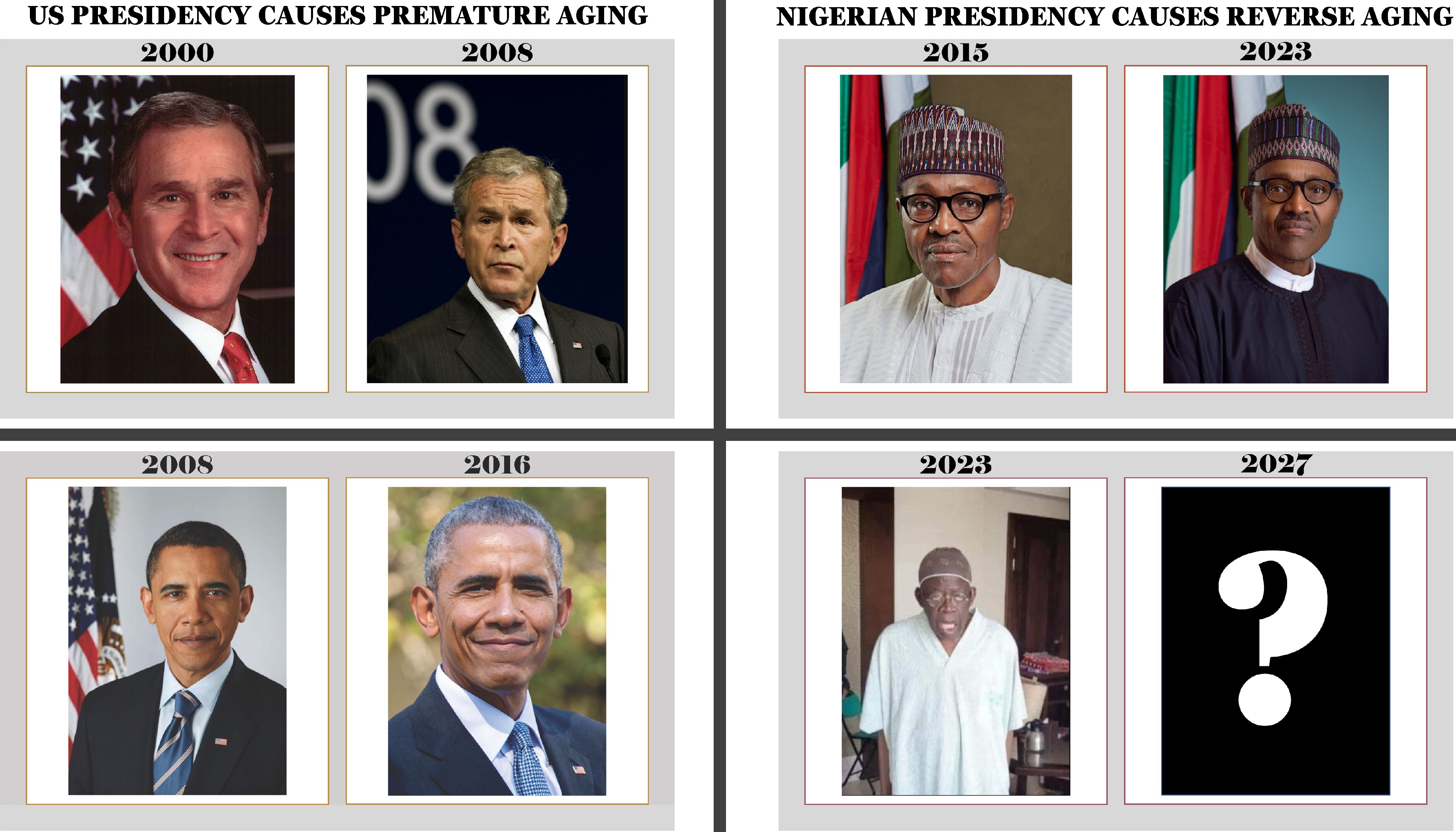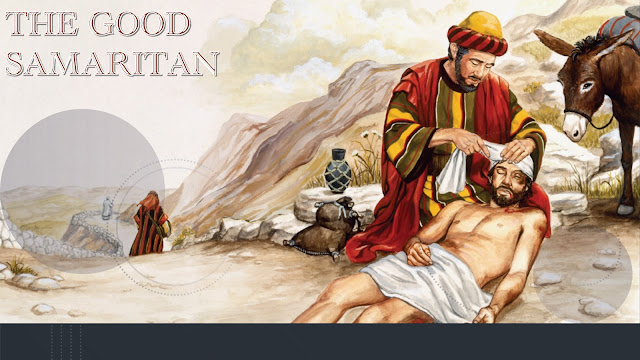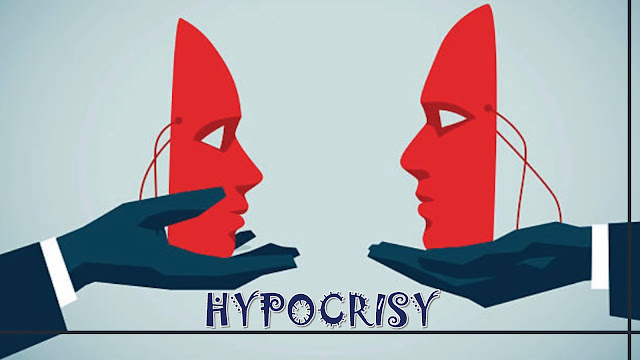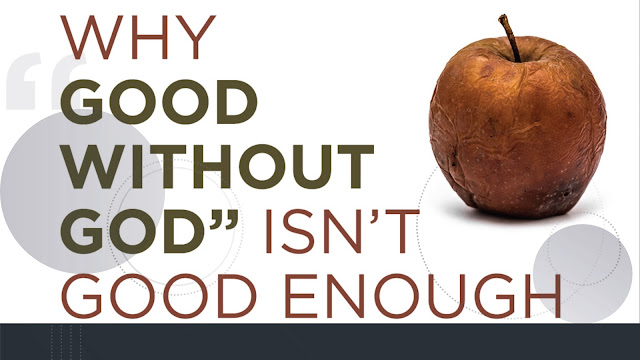NIGERIAN PRESIDENCY IS AN ELIXIR OF YOUTH

By Akin Ojumu In most civilized nations, where sanity reigns and things work, the job of the president and head of government is a mentally tasking and physically challenging undertaking that causes the office holder to experience an accelerated aging process. Due to its agonizing and bruising demands, it’s a job that saps the life out of the office holder. Take for instance Presidents George W. Bush and Barack Obama. At the end of their 2-term presidencies, they both looked thirty years older than when they first took office eight years earlier. These two men looked quite youthful, and both had full jet-black hair when they were first sworn into office as presidents. After eight years of the grinder of the Oval Office, though, both men’s hair had turned grey. Their smooth youthful skins had aged to a leathery texture, and their faces had become taken over by deep lines of wrinkles and forehead creases. In contrast, the situation is a whole lot different with the Nigerian presiden...












